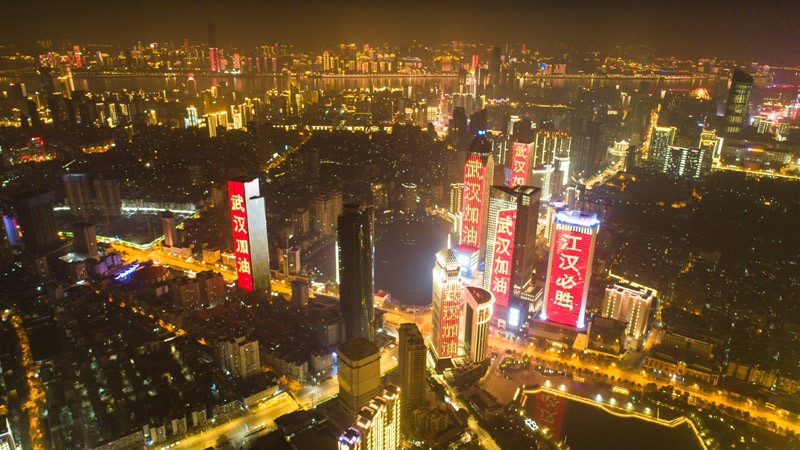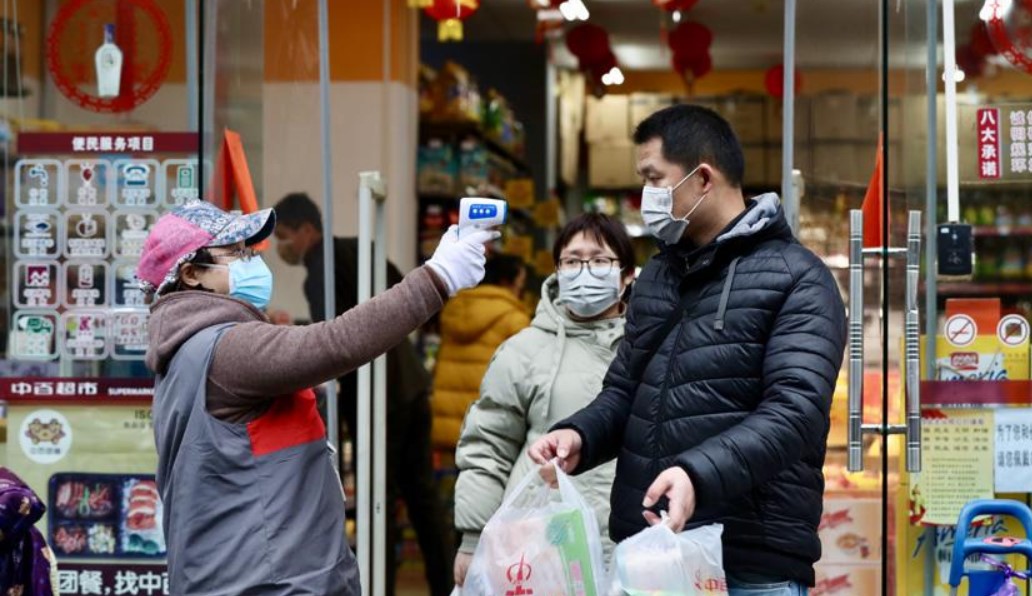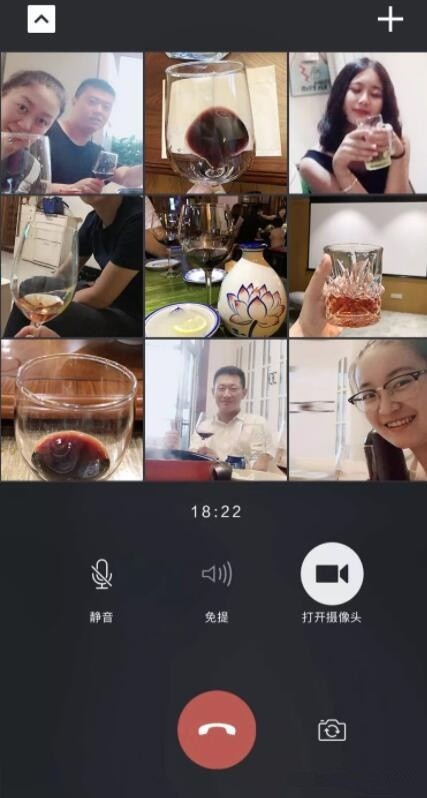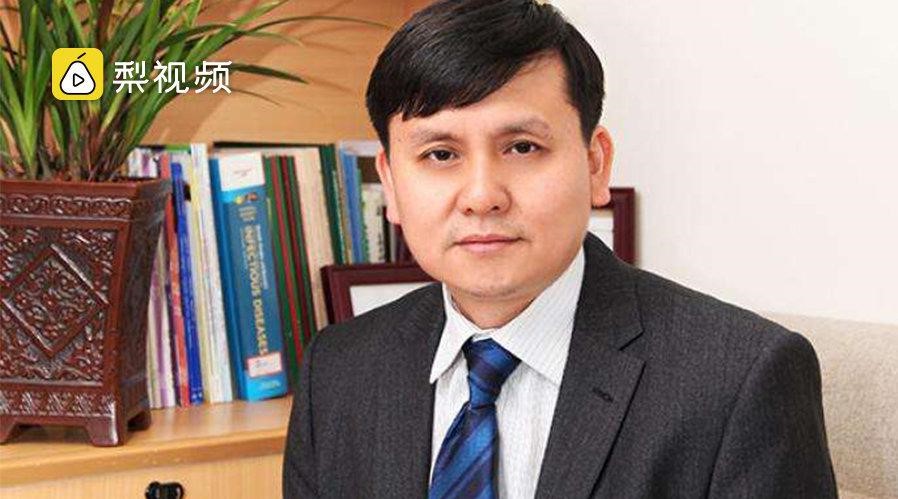
The city of Wuhan – which has been subjected to strict quarantine in China after COVID-19 first emerged – is slowly returning to normal with the lockdown imposed at the end of January expected to be completely lifted on 8th April.
As part of our ongoing Illume Guide featured blog posts, we interviewed our Wuhan Guide – Swell, to explore life in Wuhan during lockdown, emerging consumer behaviours during this period and how brands and communities are working together to help people get through this unique time.
Hi Swell! Tell us about yourself – where are you from, what do you do and what are you passionate about?
Hi Cherry! I was born and grew up in Wuhan. Currently I’m doing my PhD research in Human Computer Interaction at Leiden University. I also host a podcast ‘小苏虾聊’ where my friends and I share our view on cultural and life differences in China, the US and the Netherlands. We’ve spoken a lot about the impact of Covid 19. Aside from that, I enjoy playing sports, watching films and reading detective novels.
Can you tell me how life has been during lockdown in Wuhan?
I came back to Wuhan in January for Chinese New Year before the outbreak. The lockdown started from 23rd January. From February onwards, the quarantine rules became stricter and people were only allowed out once a week to buy essentials, otherwise a special work permit is needed. There are regular temperature checks in place at many sites, for example, at the supermarket entrance.
For me personally, the first two weeks were the most difficult. Every day I constantly scrolled social media and news sources for the latest virus situation and government policy in the hope things would improve. I usually check both Chinese and Western sources to compare the different views, with so much uncertainty about the virus, I don’t want to miss any coverage. At that point, I checked Twitter and BBC news but also Chinese news via Weibo, WeChat and Zhihu.
There are some really great Chinese publishers who have gained more attention during this period. For example, Lifeweek have covered some really valuable reports about the healthcare system and patients etc. My Dutch friends have sent me articles on how Wuhan is reported in the West and I believe there is obvious bias.
After two weeks, the government announced lockdown would last for a longer period to control the spread. At this point, I started to focus on my own life more. Constant stress and panic is not helpful. I started to get back into work, luckily, I can work from home with my research.
Lockdown is obviously quite difficult. But I believe it’s also a special period for us to spend time with our families. There are a lot of people like me who study or work in other cities and don’t have many opportunities to return home often.
How has the lockdown changed how people work and study?
Many companies are allowing people to work from home. DingTalk, a communication and collaboration platform, has been used by many companies to increase work efficiency since the outbreak.
The opening of schools has been pushed back and all extracurricular activities suspended. Students have been told to go online to study. Many schools have coached teachers on how to use DingTalk to conduct live-streaming courses. Online tutoring services have also suddenly experienced a surge in interest from students and their parents.
How are people staying entertained at home?
People are figuring out some interesting ways to connect with each other. My friends and I do video calls to make sure we are not isolated mentally. For others, Tiktok is one of the most popular live stream platforms where people organise live games, singing competitions, and even have food or drink together remotely.
The most popular live stream vlogger is Jiaqi Li. On 10th February, his live stream selling event reached a peak of 15 million viewers and 30 million orders during the show. On Weibo, many people are sharing interesting DIY at home videos to entertain others.
Online video games have experienced the highest demand during lockdown. At one point, there were so many players online at the same time that the gaming system went down. Glory of the King had more than 1 million people playing online at one time.
Have you noticed any innovations that brands or organisations have introduced to help with life in quarantine?
Yes – the most important one is group orders. Unlike in Western countries where people tend to live in houses, Chinese people usually live in residential complex buildings. During this period, there are volunteers and civil servants in each community gate to help with daily life and prevent the virus spreading.
Online shopping and take away deliveries have been affected by a shortage of deliverymen causing many to close. In response, supermarkets and convenience shops such as Carrefour and Lawson are sending specific food packages to organised group orders. Volunteers in the community work closely with supermarkets, to organise big food deliveries in WeChat group chats and get them delivered by car to minimise interpersonal contact. This process worked well and other services like Bubble Tea shop and snack shops, such as Zhouheiya started to follow.
Delivery companies like Elema and Meituan have also introduced community group orders. Online delivery websites are also open for people to order medicine from pharmacies.
Since all the public transport has been cancelled, bike sharing companies, such as Hellobike have offered free bikes for people who still need to get to work but cannot car share.
How do you think Covid-19 will influence people’s attitude towards health in the future?
People are becoming more responsible. Attitudes towards health have become more preventive with greater attention paid to hygiene. Even though the Chinese government now allows everyone two hours everyday to go outdoors, many people still choose to stay inside.
E-health is a new trend that’s gaining popularity. Many doctors and nurses in Wuhan regularly update Weibo to let the public know more about their daily work during this period.
Doctors are turning into role models, who people respect, look up to and follow for advice. For example, Dr. Wenhong Zhang has become very popular and people love to watch his videos informing us about the virus or other health recommendations.
Are people getting back to normal life in Wuhan now?
Life is not the same but things are slowly getting back to normal. From last week, no new cases were recorded in Wuhan. The measures are becoming more relaxed, for example, people can go out for two hours every day, and we will end this current lockdown period on 8th April. The metro is starting to run again and people are slowly returning to work.
Delivery services are almost back to normal and a few shopping malls and restaurants have reopened. Yet only a small number of people are going out and usually wear masks.
I’ve noticed that people really appreciate everyone’s collective effort now. This problem cannot be solved without help from other people, whether it’s doctors, volunteers or deliverymen.
Lastly, is there anything you want to tell people who are still in lockdown in other countries?
Yes. Firstly, I’d like to say stay positive. Don’t focus too much on social media, consuming too much news might make you feel stressed. Try to relax, maybe play some games and workout.
Secondly, I understand the lockdown measures work differently in every country. Wuhan really sacrificed a lot to make the method works. The situation may feel difficult right now but the result will make it worthwhile.




